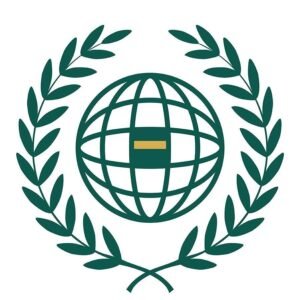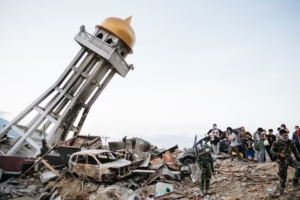WHO warns against potential Ebola spread in DR Congo

The World Health Organization has warned of the likelihood of Ebola spreading in a western province in the Democratic Republic of the Congo.
It also raised fears that the disease could reach neighbouring Republic of Congo and even the capital, Kinshasa.
WHO stated on 12th September, 2020, that the outbreak in Equateur Province emerged in early June and has now spread into another of its 17 health zones, bringing the total number of affected zones to 12.
“The most recently affected area, Bomongo, is the second affected health zone that borders the Republic of Congo, which heightens the chances of this outbreak to spread into another country,” said WHO spokesperson, Fadéla Chaib.
“The risk of the disease spreading as far as Kinshasa is also a very real concern for the UN agency. One of the affected areas, Mbandaka, is connected to the capital by a busy river route used by thousands every week,” Chaib added.
This is the second Ebola outbreak in Equateur Province and the 11th overall in the DRC, which recently defeated the disease in its volatile eastern region after a two-year battle.
This latest western outbreak first surfaced in the city of Mbandaka, home to more than one million people, and subsequently spread to 11 health zones, with active transmission currently occurring in eight.
The health zones all border each other and cover a large and remote area often only accessible by helicopter or boat.
Managing response logistics in Equateur is difficult as communities are very scattered. Many are in deeply forested areas and reaching them requires travelling long distances.
“In some areas, community resistance is also a challenge,” Ms. Chaib added.
“We learned over years of working on Ebola in DRC how important it is to engage and mobilize communities. WHO is working with UNICEF in engaging religious, youth and community leaders to raise awareness about Ebola,” she said.
The situation has been further complicated by a health worker strike that has affected key response activities for nearly four weeks.
Locally based Ebola responders have been protesting against low salaries as well as non-payment since the start of the outbreak.
Although some activities have resumed, many are still on hold, making it difficult to get an accurate picture of how the epidemic is evolving and which areas need the most attention.







